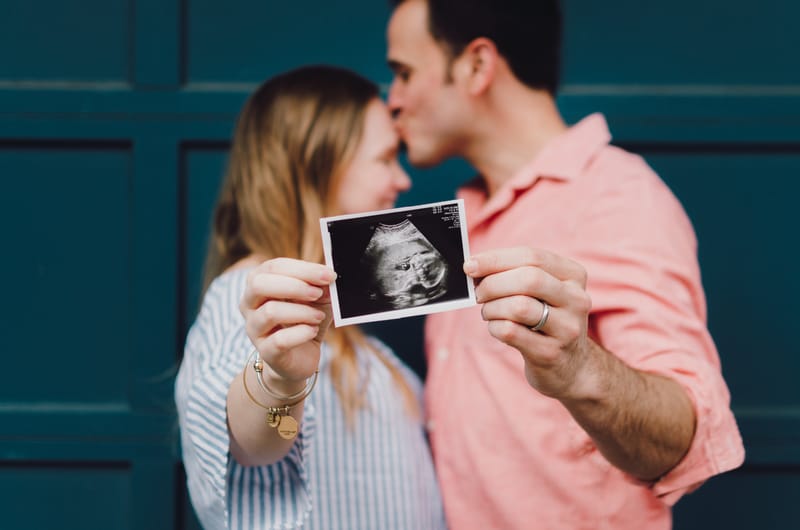Dependents For Head of Household and EIC

I’m filing as head of household: How do dependents and the EIC affect me?
The tax code offers a special filing status if you have a dependent and are single or are otherwise not living with a spouse. This is the head of household, filing status, and as long as you qualify, choosing it as your status is a real no-brainer because you’ll owe less in taxes.
Plus, if you qualify for the Earned Income Credit (EIC), having a dependent child increases your credit amount.
Let’s take a look at the rules for each of these tax breaks.
What are the qualifications for filing as head of household?
Filing as head of household gives you a higher standard deduction and lower tax rate than filing as a single person or as married filing separately, so naturally some qualifications must be met:
- You must be single or have been separated for at least the last half the year.
- You must have a qualifying dependent living with you at least half the year (unless it’s a parent – see below).
- You must have paid more than half the maintenance costs for the home where you and the dependent lived.
The qualifying dependent can be a child or relative, and if it’s your parent, he or she doesn’t have to live with you for you to claim the head of household status. See Claiming a Parent as a Dependent.
How does the Earned Income Credit apply to heads of household?
The Earned Income Credit (EIC) is especially beneficial for lower-income taxpayers. It’s popular because it’s refundable, meaning it can give you a refund even if you weren’t due one based on the taxes you paid throughout the year. You can qualify if you’re single or married, with or without dependent children. You just have to meet income and certain other requirements.
Note that it’s only dependent children who can increase your EIC amount. The child has to be younger than age 19 at the end of the year, or age 24 if a student, or can be any age if disabled. Other dependents have no effect on EIC, but they can still qualify you for filing as head of household.
Having a dependent child affects EIC in two ways: by letting you earn more and still qualify for the credit, and by increasing the amount of credit you get.
| Single, Head of Household, and Qualifying Widow(er) | Income Limit | Maximum EIC Amount |
| No children | $15,820 | $538 |
| One child | $41,756 | $3,584 |
| Two children | $47,440 | $5,920 |
| Three+ children | $50,954 | $6,660 |
| Married Filing Jointly | Income Limit | Maximum EIC Amount |
| No children | $21,710 | $538 |
| One child | $47,646 | $3,584 |
| Two children | $53,330 | $5,920 |
| Three+ children | $56,844 | $6,660 |
Note: These are the maximum credit amounts. As your income goes up and gets closer to the relevant maximum, the credit decreases.
Filing with Tax Office & Associates™ makes head of household simple
When you do your taxes with Tax Office & Associates™, filing as head of household is easy—just choose it as your filing status and add dependents as needed. We’ll automatically add the EIC to your Tax Office & Associates™ return and figure out the right amount for you when you qualify.
Sound awesome? Let's get started on this year’s tax return!


